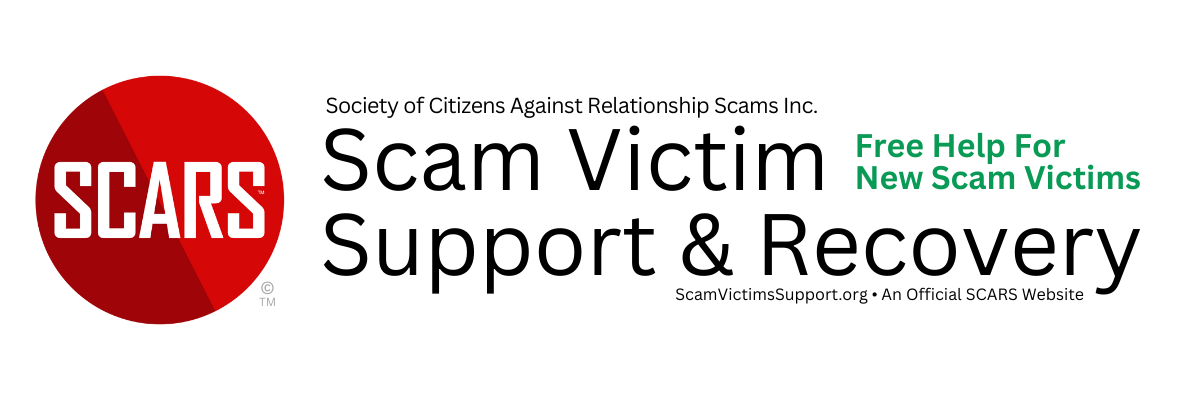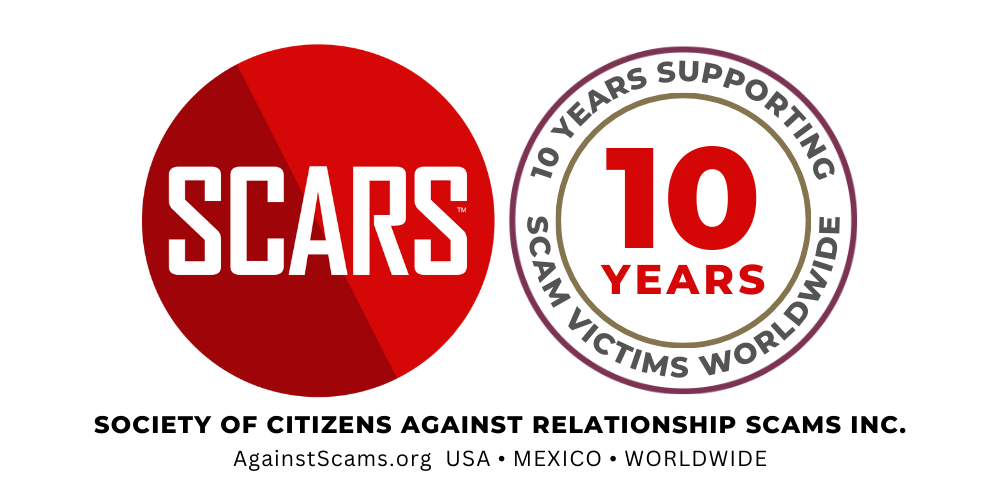For Police Officers: Interacting With Scam Victims And How To Make A Difference
For Police Officers: Interacting With Scam Victims And How To Make A Difference Guidance for Local Law Enforcement to help better understand the ways to impact these crimes and better support scam/fraud/cybercrime victims Helping Police Officers better understand their options and how to help victims! Key Topics: How to Support Victims How to take Action against Money Mules Interacting with Victims in Denial Understanding Victim Trauma For Police Officers: Helping You Interact with Scam Victims and How to Make a Difference Basic Guidelines on Approaching & Interacting with Victims of Cyber-Enabled Crime (Online Scams) and Actions YOU Can Take! Background In the United States alone there are more than 50 million scam victims and that number is growing by 20 million a year or more, not to mention the rest of the world. Every country is being flooded with scams, fraud, and cybercrime cases. It may seem like there is nothing you can do to help victims or stop these crimes, but that is not true - there is much you can do to help. Scam/Fraud/Cybercrime Victims The way people cope as victims of crime depends largely on their experiences immediately following the crime. As a law enforcement officer, you are usually the first official to approach victims. For this reason, you are in a unique position to help victims cope with the immediate trauma of the crime and to help restore their sense of security and control over their lives. In the case of internet or phone-based scam victims, especially of “Romance Scam” victims – there is not a typical crime scene. Normally the victim is a walk-in or a phone-in. This is typically the first contact where officers are able to address victims and their needs. Optional for Scam Victims SCARS RED BOOK - Your Personal Scam Evidence & Crime Record Book available at shop.AgainstScams.org This publication recognizes that each crime is different and requires officers to prioritize their performance on tasks in each situation. We know that generally, officers must attend to many tasks, including Read More ...











